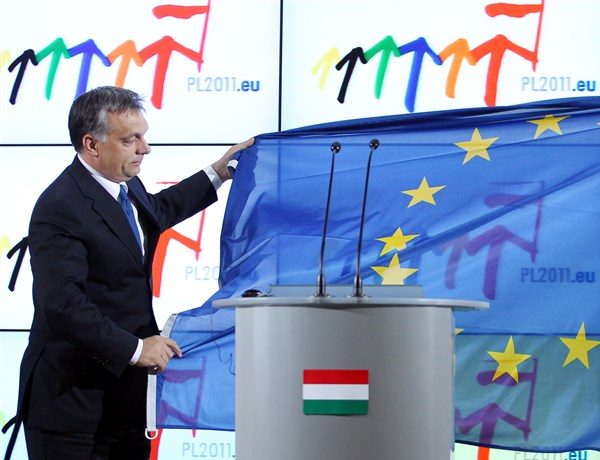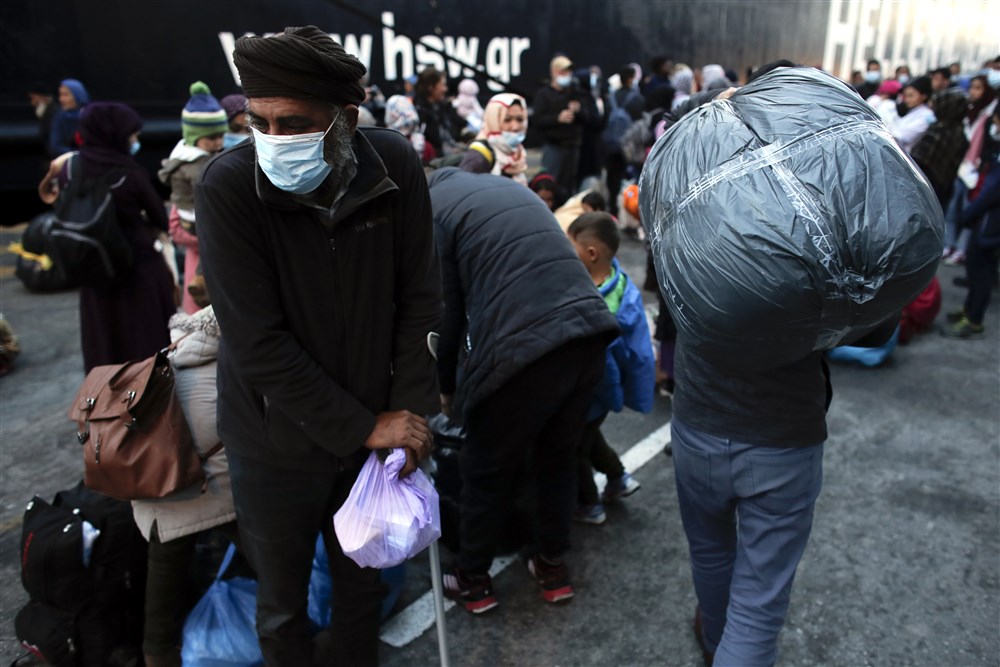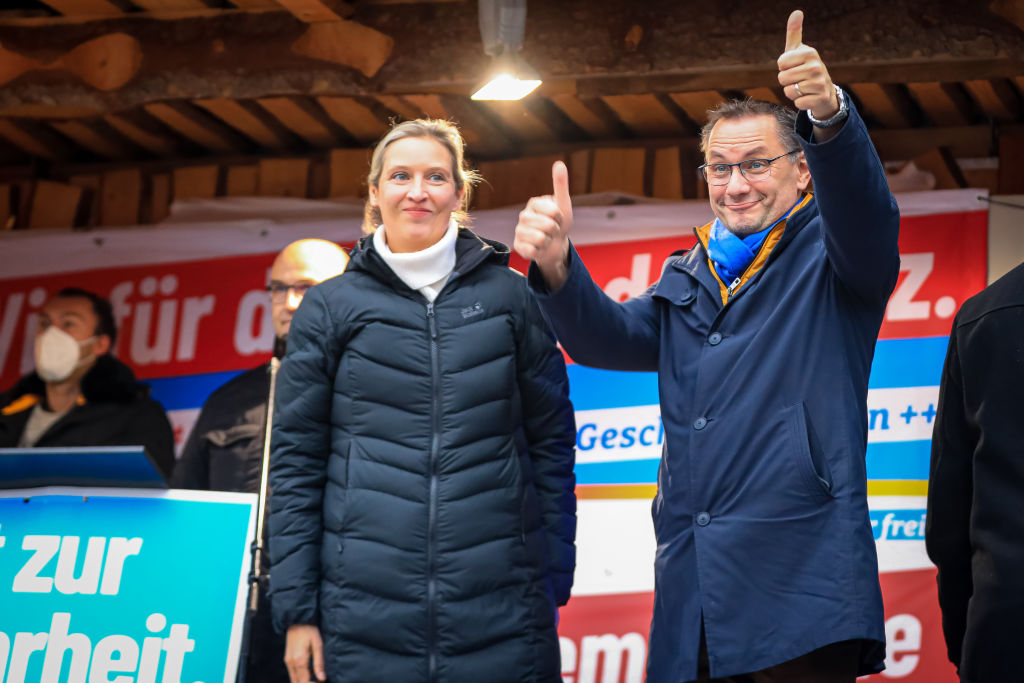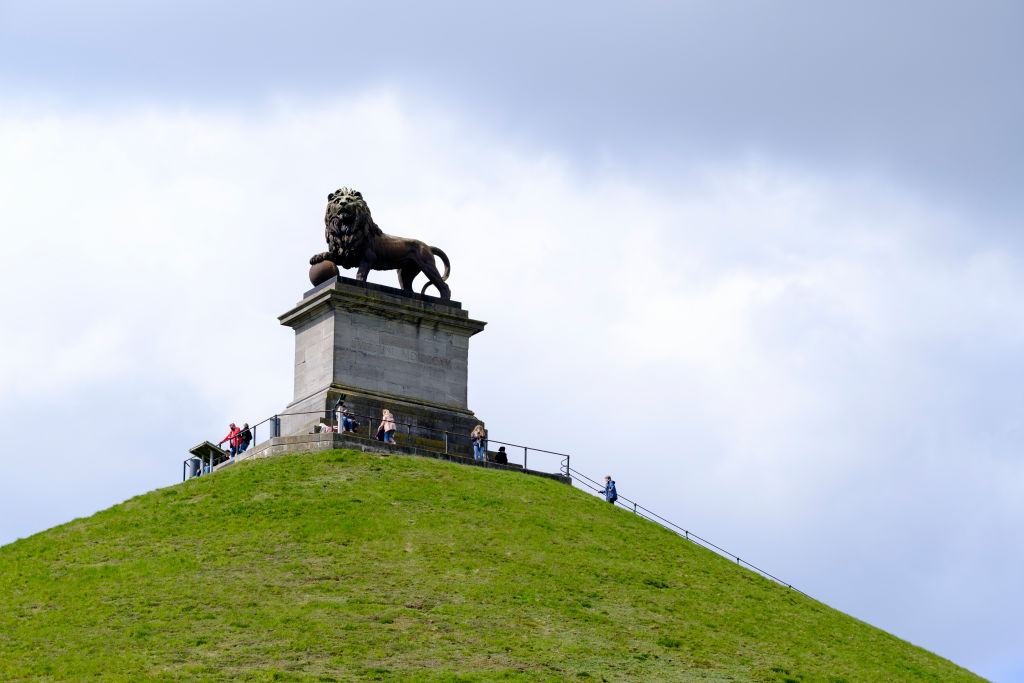Things look promising for three new hopefuls aiming to join the European Union as the heads of Member States gather at an EU Council meeting in Sweden to discuss enlargement of the bloc.
The three countries, Ukraine, Moldova, and Georgia, applied for membership of the EU in the wake of Russia’s invasion of Ukraine. Both Ukraine and Moldova were given candidate status, while Georgia was given an “EU Perspective”, paving the way for admission to the Union.
Joining the bloc is generally a lengthy process, with any aspiring nation having to satisfy a long list of reforms before it becomes eligible. However, in light of geopolitical pressure caused by Russia’s war with Ukraine, the EU has recently been considering ways to speed up the process.
June 21 and 22 sees an “informal” meeting of the General Affairs Council of the Council of the European Union. There, the foreign and European affairs ministers representing the current 27 Member States of the EU are discussing future policy on admission to the bloc in a relatively ‘informal’ manner.
According to the latest Commission press briefings and the so-called temporary programme implemented by the Swedish Presidency of the Council, the main topic of talks will be how the EU moves forward regarding potential new admissions. On Thursday, the ministers are set to receive an “oral report” from the Commission “on reform progress by Ukraine and Moldova as well as Georgia”.
Regarding Ukraine, several EU sources speaking to Reuters said that the country will fulfil two out of seven reform milestones that the EU demands.
While the official evaluation will be presented later on Thursday, a Commission spokesperson pointed out in a June 21 press briefing that the principal areas of progress are in legal system and anti-corruption reforms. However, the spokesperson also noted that progress has also been made in minority rights and the media.
Elsewhere, Romania is in Moldova’s corner; Romania’s new foreign minister, Luminița Odobescu, met with her Moldovan counterpart on June 20 where she expressed her belief that Moldova had made substantial progress in all nine of its required reform milestones. That sentiment was echoed by the Moldovan foreign minister, Nicolae Popescu, who said: “We hope and count on the fact that Moldova will … start EU accession negotiations by the end of this year.”
Meanwhile, many Georgians are hoping their country achieves entry to the EU. Last Spring, thousands took to the streets of the capital Tbilisi when a government law looked set to threaten their country’s prospects of acceptance into the EU. One official told pan-European website Euractiv that 80 per cent of Georgia’s EU Commission reform proposals had been implemented.
However, the country’s successful accession is not assured. Many in Georgia fear the current government’s pro-Russia leanings will have a negative impact, while others believe government officials are banking on perceived EU-Russian competition to receive a ‘rushed’ candidate status.
One document, compiled by several Georgian NGOs, said that the country has only fulfilled one of the 12 Commission requirements so far.
At the meeting in Sweden, EU countries are expected to negotiate over how the bloc’s accession process might be reformed. Some countries, such as those in the Western Balkans, have been enduring decades-long candidacy applications. In light of the Russian invasion, the accession issue has become far more urgent.
However, the range of possible changes will be limited, as the Swedish Presidency emphasised to other Member States that any alterations will have to remain within the scope of current treaties.





